Distracted Driving and Punitive Damages
Will Kentucky law catch up to reality?
As the hazards of texting and driving become more widely known and accepted, the law continues to evolve and be tested in new areas.
Unfortunately, the following is an all-too-common scenario on Kentucky’s roads. A motorist is driving while listening to music streaming through his phone into his car stereo. He periodically uses his phone to change the song, unaware of his inattention. While entering a major intersection, the same driver receives a text message and glances down to read the message. While looking at his phone for what he thought was only a split-second, he rear-ends the vehicle in front of him, severely injuring the driver.
I recently litigated this very case. Shortly before trial, I argued for a punitive damages instruction due to the defendant’s (admitted) use of his phone while driving. Unfortunately, Kentucky law is scant on this issue and we instead used DUI cases to make our argument. However, I quickly learned that the trial judge was uninformed about the dangers of distracted driving and was not comfortable with the comparison to drunk driving. In fact, he felt drunk driving was far more dangerous than texting while driving. The data does not support this assumption.
The Dangers of Distracted Driving
The dangers of distracted driving are well documented. And this is not limited to texting or phone use. Any activity that diverts a driver’s attention away from the task of driving is dangerous. Examples are eating, drinking, grooming, using a GPS system, and adjusting audio equipment.
The courts are slow to catch up with this ever-growing problem. While many legislatures across the country have outlawed texting while driving, it is still an uphill battle to convince a judge to instruct the jury on punitive damages. Any such motion must be armed with facts. And the facts are staggering.
· According to the United States Department of Transportation, 3,154 people were killed and 424,000 were injured in distracted driving crashes in 2013 alone.1
· As of December 2014, 169.3 billion text messages were sent in the U.S. every month.2
· Engaging in visual-manual subtasks (such as reaching for a phone, dialing and texting) associated with the use of hand-held phones increased the risk of getting in a crash by three times.3
· A quarter of teens respond to a text message once or more every time they drive. Twenty percent of teens and ten percent of parents admit they have extended, multi-message text conversations while driving.4
However, perhaps the most alarming statistic is the comparison of distracted driving and impaired driving. According to the National Highway Traffic Safety Administration (NHTSA), “texting while driving is six times more dangerous than driving while intoxicated.”5 The federal agency reports that sending or receiving a text takes a driver’s eyes from the road for an average of 4.6 seconds, the equivalent-when traveling at 55 mph-of driving the length of an entire football field while blindfolded.
Car and Driver magazine performed an experiment to document just how dangerous texting and driving is, in comparison with the widely known risky activity of drunk driving. During the experiment, cars were rigged with a red light to alert drivers when to brake. The magazine tested how long it took to hit the brakes when sober, when legally impaired at a BAC level of .08, when reading an email and when sending a text. Sober, focused drivers took an average of 0.54 seconds to brake. For legally drunk drivers, four feet needed to be added. An additional 36 feet was necessary for reading an e-mail, and a whopping additional 70 feet was needed for sending a text.6
Another test conducted by the Transport Research Laboratory in London found that drivers who texted had slower response times, were more likely to drift in and out of lanes, and actually drove worse than drivers who were high on marijuana. The study found that reaction times for texting drivers were 35 percent worse than those of drivers with no distractions.7
Impaired Driving and Punitive Damages
Kentucky has long allowed punitive damages with proof that a driver was impaired at the time of a collision.8 In Shortridge v. Rice, the plaintiff appealed arguing he was entitled to a punitive damages instruction pursuant to KRS 411.184, as he submitted proof to the jury of defendant’s intoxication while driving.9 “Evidence that an individual was driving under the influence undoubtedly shows ‘a flagrant indifference to the rights of [other drivers and pedestrians]’… .’10
However, many of us remember a day when intoxicated driving was far more prevalent and even socially acceptable. It took years of aggressive education and advocacy before both the criminal and civil courts imposed strict consequences for intoxicated driving. Groups like MADD aggressively lobbied lawmakers and produced numerous Public Service Announcements to help inform the public as to the dangers of impaired driving.
Distracted Driving and Punitive Damages
While Kentucky’s Courts are mostly silent on this issue, there is certainly a growing movement toward this relief. A number of Florida trial court judges permitted an allegation of punitive damages when a driver caused an accident while texting. The lawyers in those cases applied the same comparison to intoxicated driving. At least two such orders were entered even before Florida passed its texting while driving law in 2014.11 However, of the courts that have tackled this issue, most agree that cell phone usage alone is insufficient to support an award of punitive damages, some even apply a heightened test that requires proof of “other aggravating circumstances,” beyond violations of the rules of the road.12
While it remains to be seen which direction Kentucky will go, the similarities of distracted driving to impaired driving are striking. It certainly is not a stretch to apply the reasoning of Cooper and Shortridge to texting while driving or other forms of distracted driving. As set forth above, NHTSA and other government agencies established through substantial scientific research that distracted driving is extremely unsafe. Other organizations examining the impairment caused by distracted driving have found that this impairment equals or exceeds that of a person with a blood alcohol content (BAC) of 0.08 percent. In one such study, researchers found that “impairments associated with using a cell phone while driving can be as profound as those associated with driving while drunk.”13
Kentucky’s anti-texting law took effect on June 8, 2011. It bans texting for drivers of all ages while the vehicle is in motion. However, if you’re over 18 years old, you are allowed to use global positioning devices and make calls on cell phones.14
While this statute has been called “toothless,” it certainly is a clear indication that our legislative branch recognized the dangers of texting while driving and should be used as a strong indicator that the dangers of distracted driving are understood much like legislation aimed at deterring impaired driving.15
Go Make Your Case
The judge in my client’s case finally, with great reluctance, permitted us to move forward with a punitive damages instruction. It really should not be that difficult.
When representing a client who is the victim of a collision that involves a defendant driving while distracted, the potential for punitive damages against both the driver and, if applicable, the driver’s employer, should be fully explored. Employers profit from cultivating an “always on” culture among employees and requiring constant access to electronic devices, including while driving.
Like so many other areas of the law, it is up to us as advocates to educate the judiciary by advancing these arguments in hopes that one day distracted and impaired driving are treated the same by society and in turn, by the courts. #goodelawyers
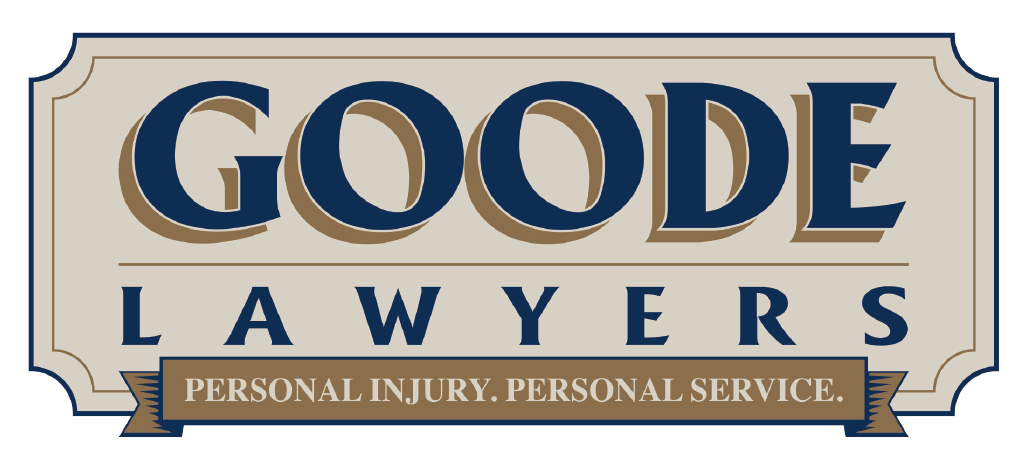



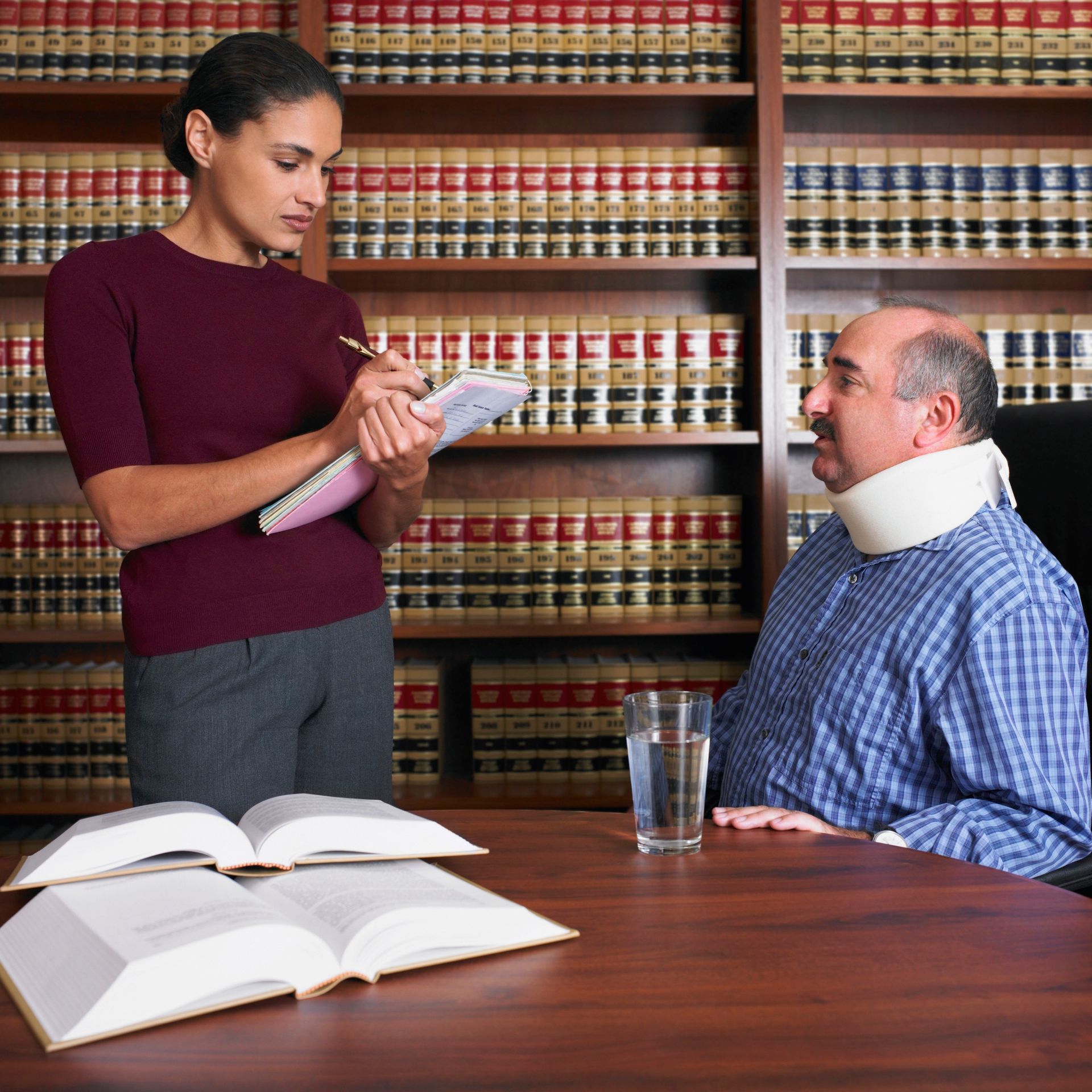
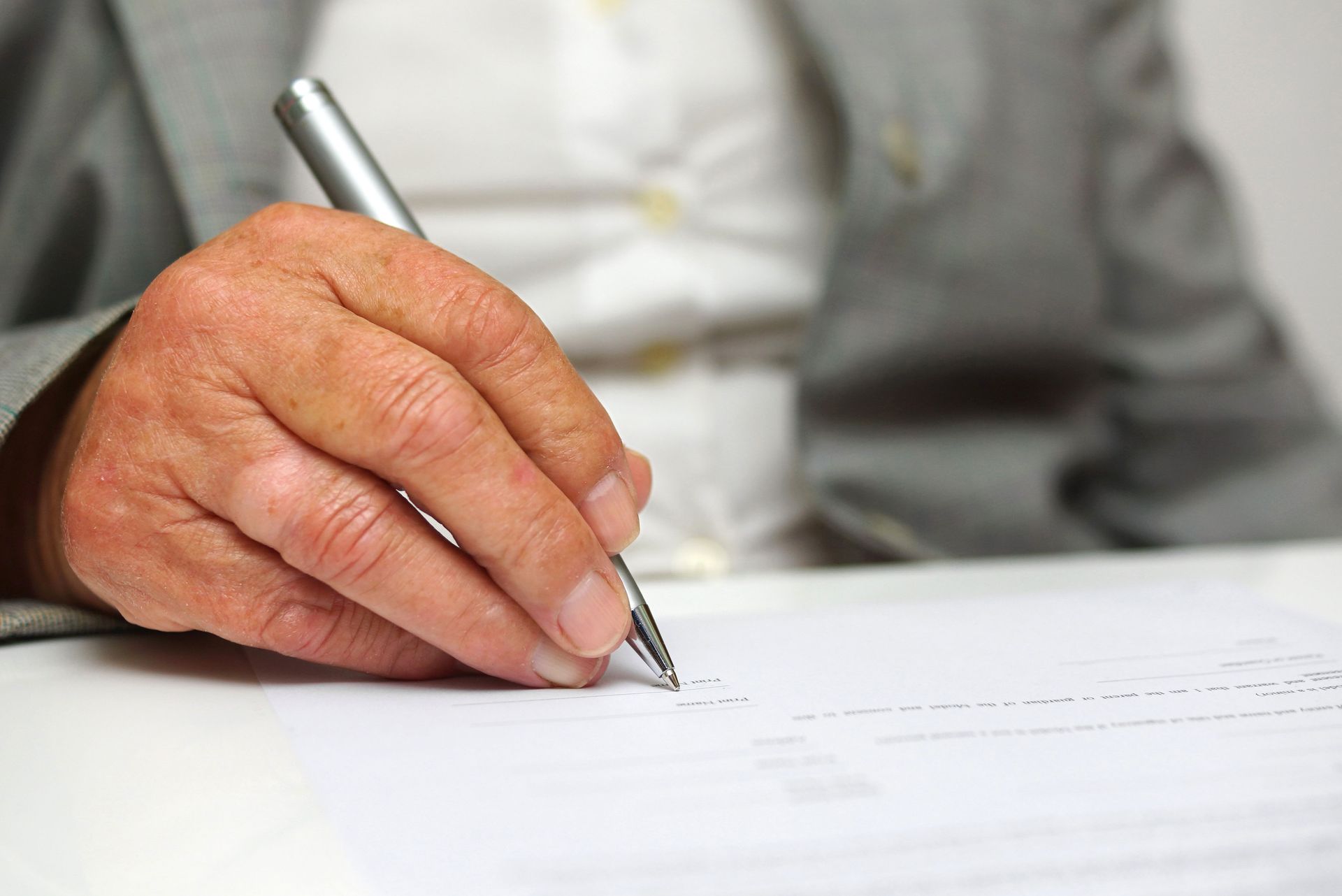


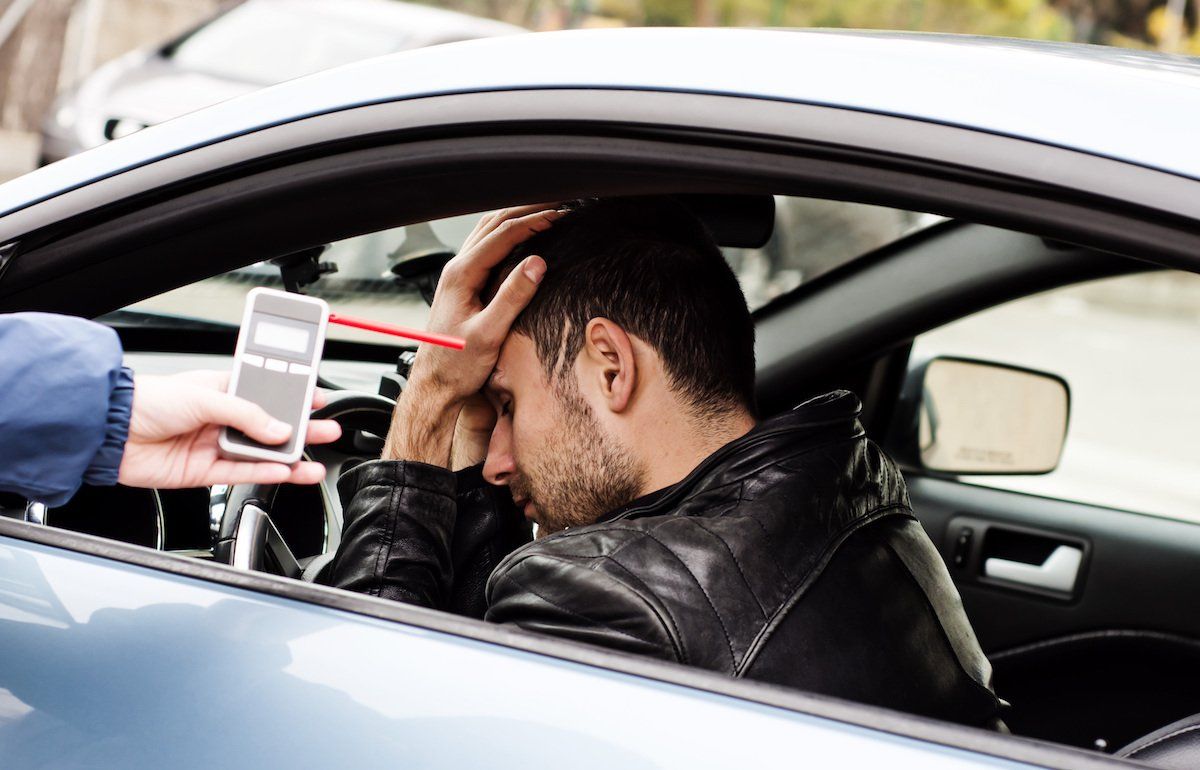
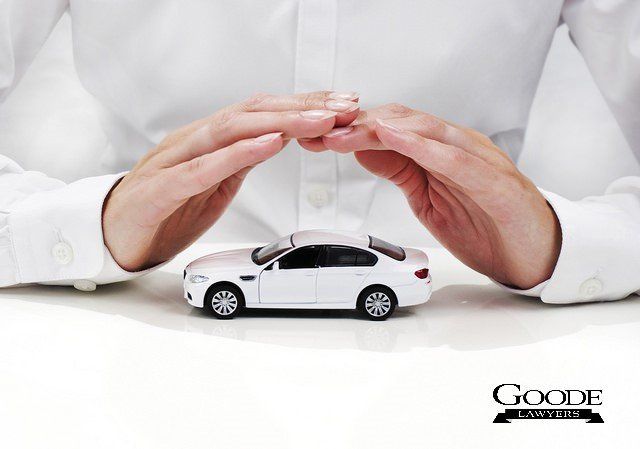



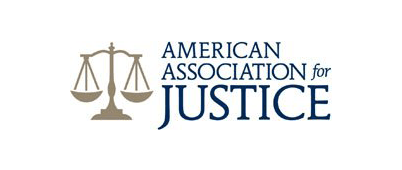


Share On: